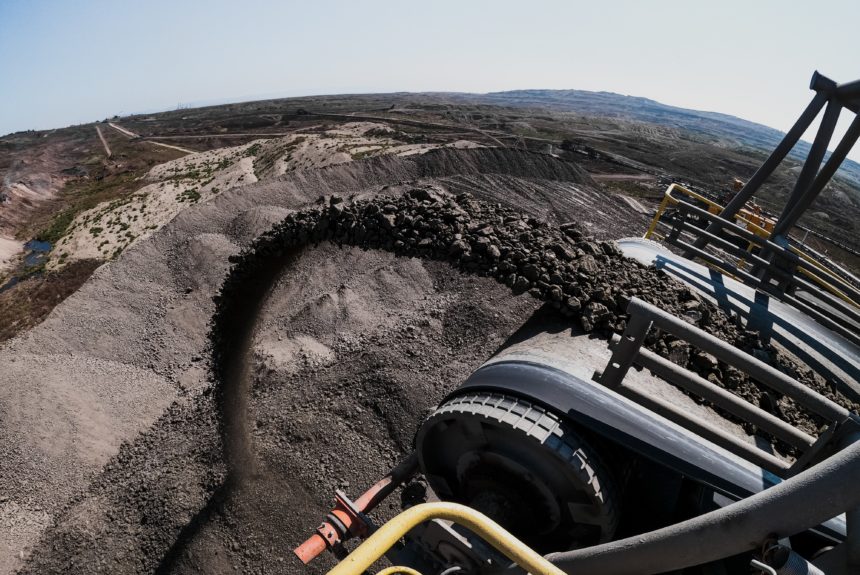COP28 in Dubai yielded several economic and environmental wins, including multilateral agreements to triple global nuclear energy capacity and private sector commitments to voluntarily reduce methane emissions. Unfortunately, the conference also included unhelpful rhetoric from John Kerry who called for a ban on coal use around the world. While the world should pursue clean energy generation, top-down phaseouts of certain power sources stunt development and ultimately hurt climate progress. Rather than proposing such draconian policies, policymakers should turn to the power of markets to meet international energy and climate goals.
>>>READ: COP28: A Win for Climate Realism
Kerry’s comments came after an announcement was made that the United States was joining the Powering Past Coal Alliance, a pact of 56 countries that does not include China and India, which has vowed to stop the construction of and shut down existing coal-fired power plants. Kerry’s announcement predictably elicited criticism from politicians in states with prominent coal industries, including Kentucky Governor Andy Beshear who said, “Climate change is real, but the way we address it has to be reasonable and has to work. With the energy demands of so many green projects, we should be careful about removing any current means of energy production.”
Beshear’s reluctance to completely scrap coal is correct. While an argument can be made to cut coal production, and for industrialized nations to help developing ones leapfrog its use, it should be done through market forces, not government mandates.
The use of coal can provide economic and environmental benefits to the developing world. Though a country as affluent as America could stop burning coal and likely be fine because alternatives exist, developing countries may need it for economic growth. As Raul Tongia, senior fellow at the Centre for Social and Economic Progress points out, alternative energy sources aren’t ready to displace coal entirely. Wind and solar are both too sporadic and require expensive storage systems to maintain. Furthermore, coal helps facilitate manufacturing, an integral part of a country’s economy.
With the basic needs of its citizens being met due to this economic activity, countries can begin to invest in more resilient roads, better water infrastructure, and expanded energy access. This will in turn allow nations to reduce emissions faster while improving the livelihood of its citizens.
Rather than introducing forced shutdowns, policymakers should allow the market to pick energy winners and losers. If a ban on coal makes the most economic sense for a country, then they will take steps to reduce generation of the energy source. In the United States for instance, market forces, through the introduction of cheap and abundant natural gas, allowed the U.S. to transition away from coal-fired power plants and reduce emissions.
>>>READ: When Climate Ambitions Meet Energy Realities
Even if the Western world were to successfully shutter all coal plants, the Chinese government has proceeded to construct and open coal plants at a staggering rate. Though 23% of American coal plants are set to shut down this year, China will build 43 new coal plants and 18 new blast furnaces in the coming years—resulting in three times the coal generation of the rest of the world. Unless Kerry’s grand plans somehow involve coercing China to reverse course on coal, he would not do much to put a dent in global emissions by coal.
Forced shutdowns also have the unintended consequence of stifling innovation. In November, a coal mine was discovered to have an estimated $37 billion worth of rare metals. Discoveries such as these could help wean America off of our dependence on China for rare minerals used in electric car batteries and renewable energy sources. Furthermore, the rare earth mineral extraction methods used in coal mines–mining from the clay strata above and below the coal seams—is significantly cheaper and more environmentally friendly than mining from igneous hard rock deposits.
A global coal ban may be an aspirational goal, but it is not currently feasible. Developing countries use coal to drive their economic ascent, and America should not stop them. While industrialized nations can help emerging economies leapfrog the use of coal by exporting cleaner technologies, market forces should ultimately decide what energy sources should ultimately determine what power sources a country does or does not use.
Corey Walker is a budding historian and economist. He loves drinking hot chocolate, wearing sweaters, and watching football in the fall.
The views and opinions expressed are those of the author’s and do not necessarily reflect the official policy or position of C3.
